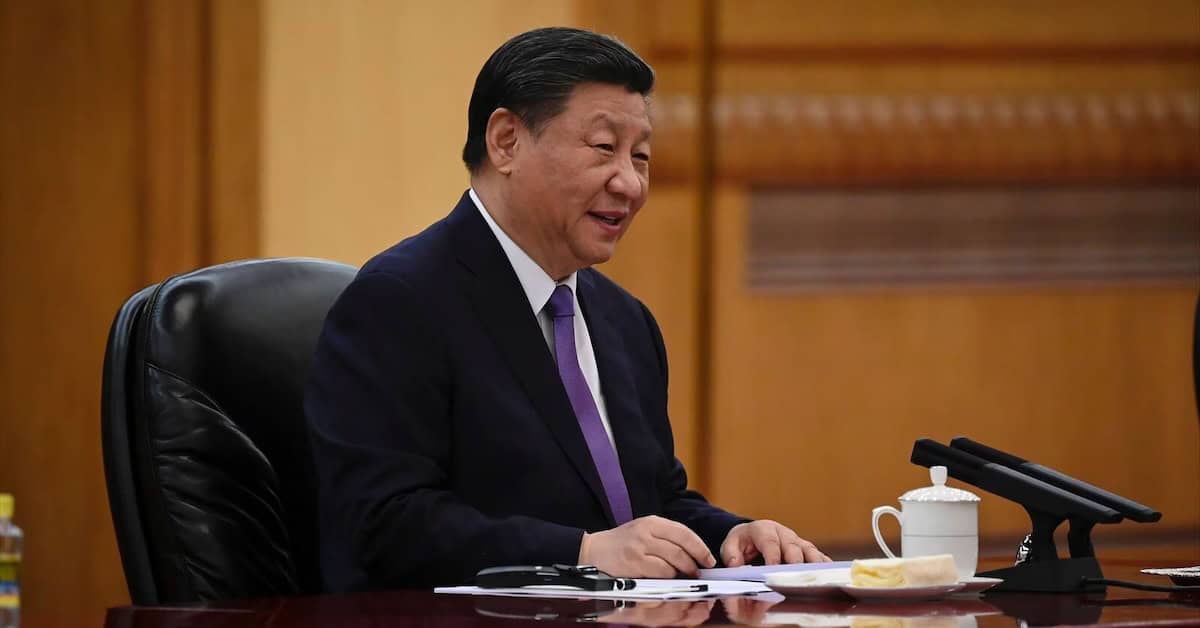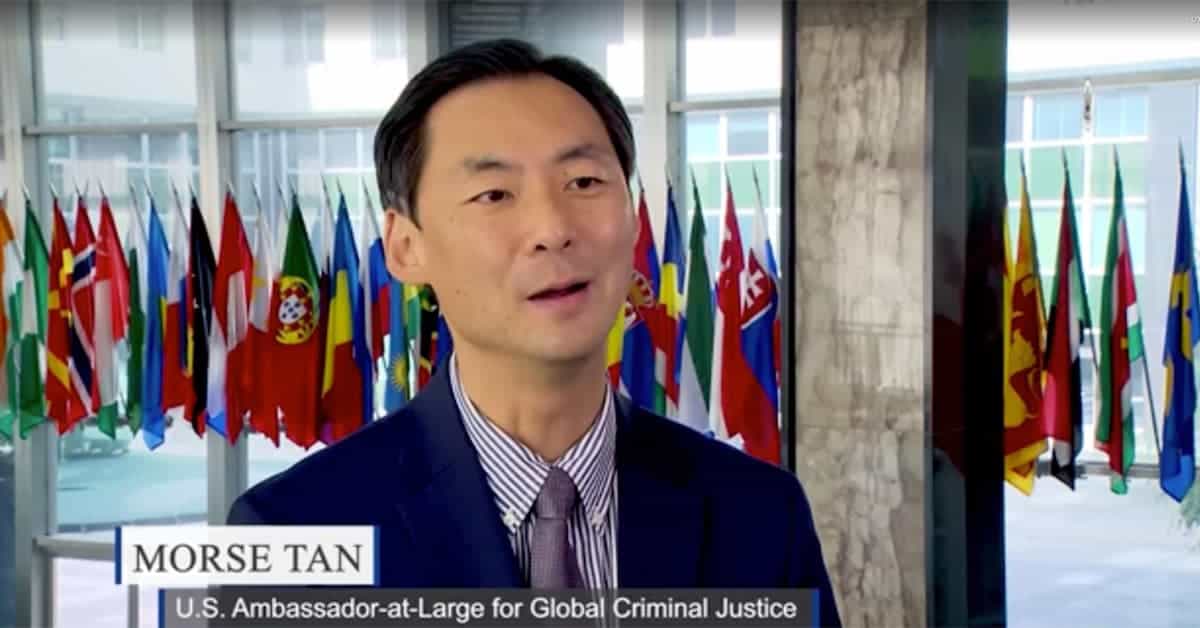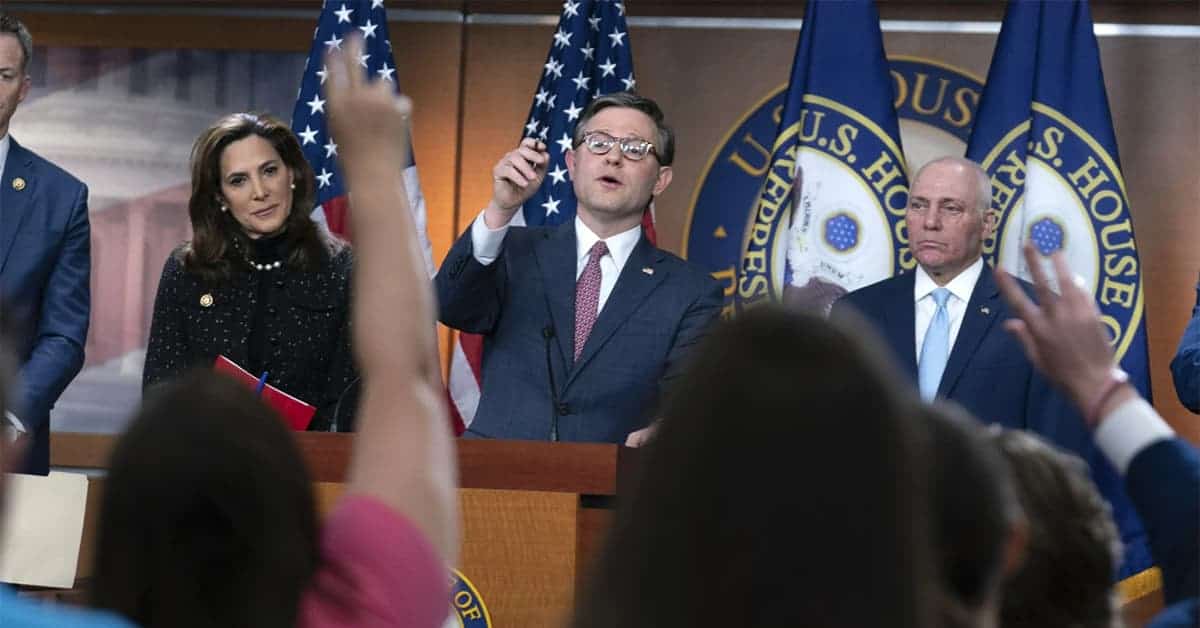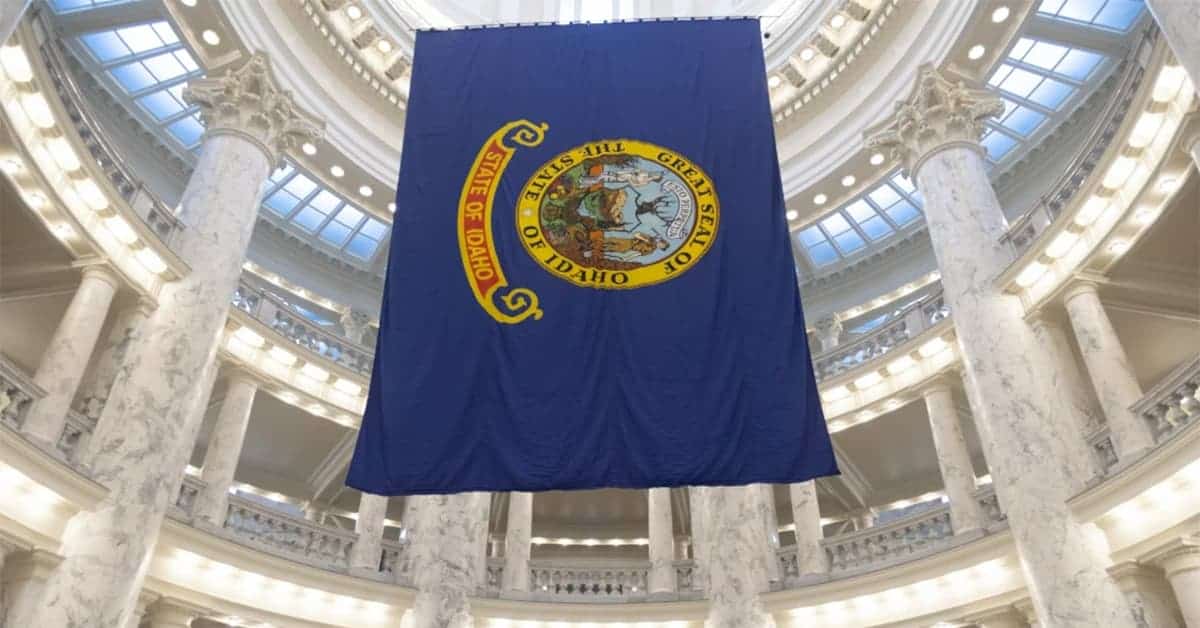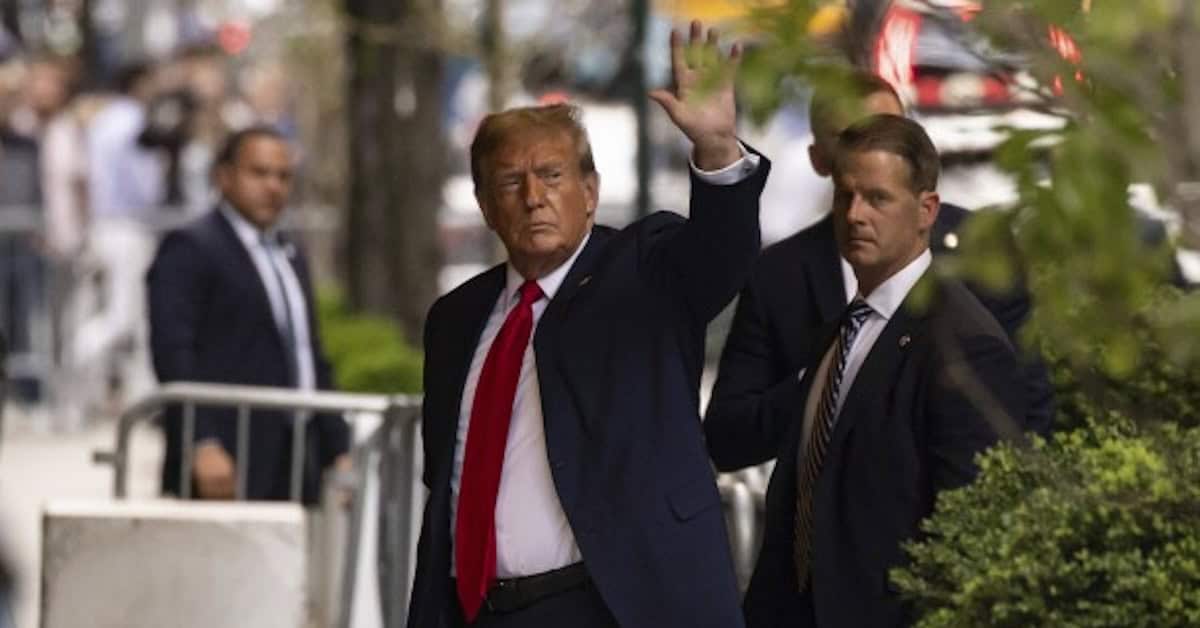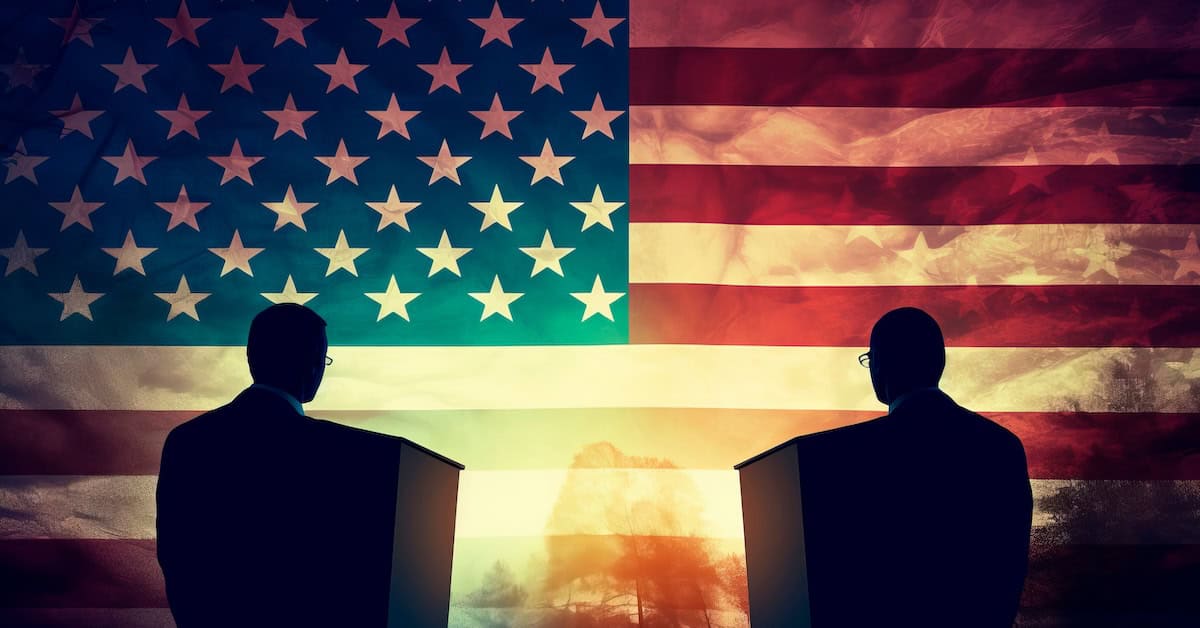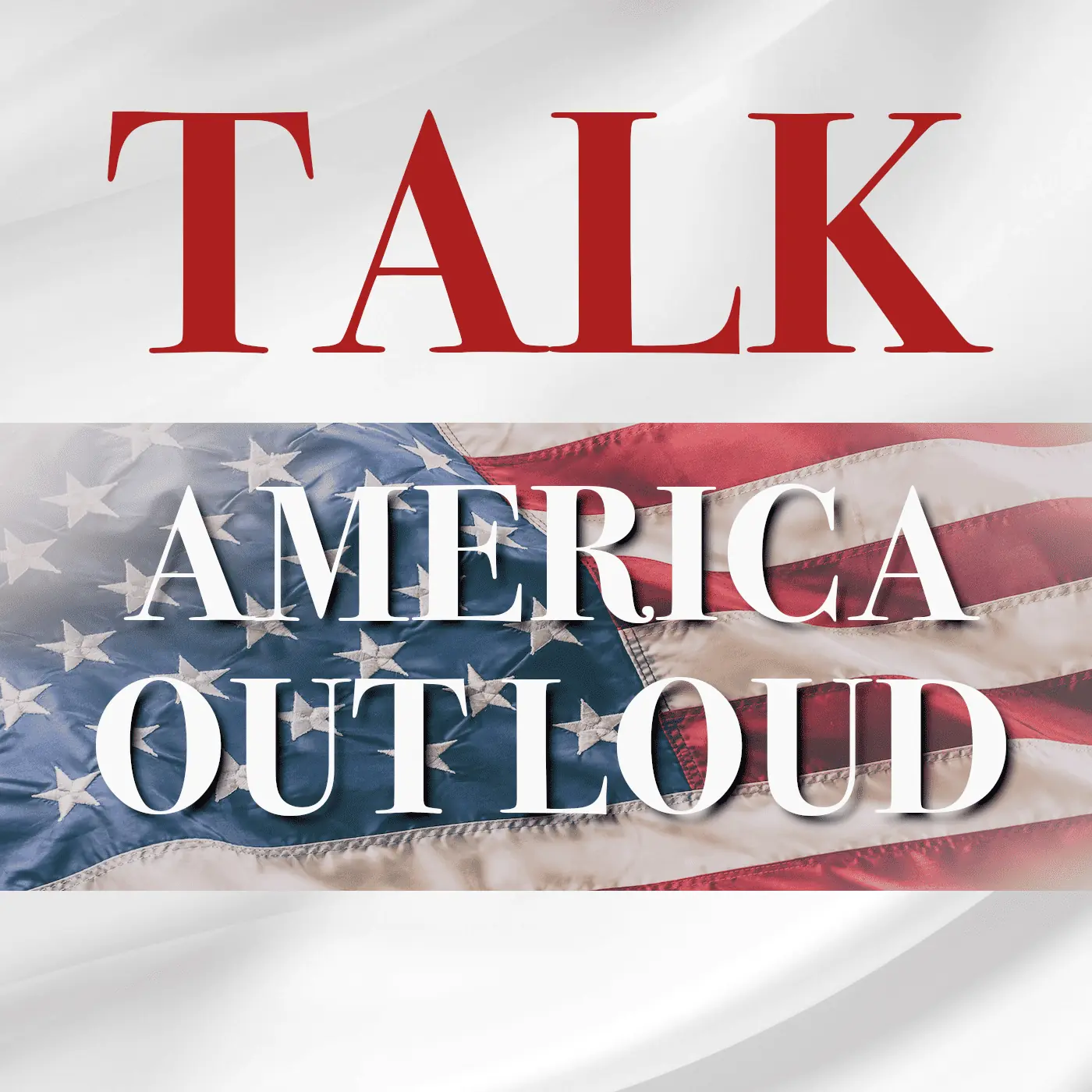Some years ago in Boston, I attended a homeland security conference at which several hundred vendors displayed their wares, scores of presentations filled the three days of the conference, and a gala dinner was held on the last night. The keynote speaker was a professor from MIT, who told us about a project that he was working on related to leading edge, thin film technology, which could be used in many ultra-high-tech innovations. Then he introduced one of his students, who had just completed his advanced degree, and had been assisting in the R&D for this project. His student was from China, and he was about to return home with all of this new, proprietary technology in his head and, quite possibly, in his suitcase.
The audience applauded, but I was stunned. Because I knew something that I suppose they didn’t, or maybe they didn’t think it was important, although it was.
China had been stealing our technology for years, and using it in products that were competing directly with American companies – and winning. And here we were, essentially giving away our latest technology to a student whom we had hosted for several years, and who was now taking our intellectual treasure back to our leading competitor, who had no scruples about stealing it, using it, and make a great deal of money from it. There is something very wrong with this scenario, and I was outraged.
China has been stealing American technology for a very long time, either through their student exchange programs, as it no doubt did in this case, or by buying American technology products and reverse engineering them, then applying their version in their own new Made in China product.
The Chinese, over the years, have stolen some $500 billion worth of technology and the resulting profits from it every year and they are ready to continue to do just that for many years to come.
But that’s not all. The Chinese also made inferior knock-off computer chips, capacitors, and other high-tech components, that are used in complex electronic systems, and they have been selling them to us. They actually had set up ad hoc factories by polluted rivers and used low skilled workers to renovate chips and other components from old cell phones, radios, and other electronic devices. These they redesigned to look like authentic chips, with all the proper nomenclature and coding printed on them, but with little or none of the actual performance capabilities. These they sold to the US, including the US military, as new equipment. Because the US government was using a low bid purchasing system, the Chinese were usually able to offer the lowest bids. At one point, the US Air Force admitted that some 25% of the replacement parts in their planes were actually Chinese counterfeit parts, purchased in such bidding contests. It is beyond understanding how these defective components were allowed to replace worn out, but legitimate, parts in the planes that our American airmen flew every day.
The list of grievances that the U.S. government as well as private companies have had with Chinese technology theft and its illegal international use is long. It is disgraceful that such practices have been allowed to go on for so long without redress.
Enter President Donald Trump. With an offer to create a fair trade agreement with China that would benefit both countries, he entered into trade negotiations. A series of high-level meetings took place in both countries and hope was high that an agreement would be reached soon. At a Washington meeting earlier this year, one of the senior Chinese representatives expressed his view that most of the issues had been agreed upon. 95%, he said. The President’s team agreed. And optimism was high.
And then, as April became May, the Chinese began to back off, and came back with a draft of the agreement in which they had changed some of the terms to which they had previously agreed. Trump was furious. He threatened to raise the tariffs, and gave the Chinese until the 12:01 am on Friday, May 10, to return to the terms they had agreed on. On Thursday, May 9, the President announced that the Chinese had broken the agreement, and that if they didn’t change their positions, he would impose $200 billion in new tariffs that would take effect immediately, raising tariffs on all Chinese imports from 10% to 25%. The day before the new tariffs were to go into effect, China vowed to take a strong stand and protect its interests if the new tariffs went into effect.
Last minute negotiations on Thursday must have been intense. They included US Treasury Secretary Steven Mnuchin, Chief Negotiator Robert Lighthizer, Chinese Vice Premier Liu He, and Chinese Ambassador to the US Cui Tiankai. These high level officials are proof of how seriously both sides are taking the impasse.
China has already suffered greatly from the tariffs that were put in place last July. Since then, their exports to the US have plummeted, and Chinese manufacturers are desperately hoping for a resolution, before their companies are out of business.
China has been getting away with grand larceny on steroids for decades. They have been stealing billions of dollars, not only from the US government, but from a host of private American companies – large and small – as well. As the President said, “China took advantage of us on trade like nobody in history has ever taken advantage of anyone.”
China likes the way it has been able to steal from America, and wants to continue the practice. And that is, apparently, a big part of the problem now. To practice fair trade policies does not seem to be on China’s playlist.
President Trump will not take “no” for an answer. As he said, “We’re going to make a real deal, or we’re not going to make a deal at all. And if we don’t make a deal, we’re going to tariff China and that will be fine.”
So what do I think is going to happen? I think that Donald Trump holds most of the cards. The additional tariffs on all of Chinese exports to the US, should he impose them, will be punishing in the extreme. And China will not be able to withstand the failure of so many of its companies, who will no longer have a market for their goods. It may not happen immediately, but China will understand that their choices are seriously limited, so they will come to the table and deal. I think we will have a fair trade deal, and, because of the President’s firmness and resolve, it will put into place measures to control intellectual property theft by China, as well as currency manipulation.
President Trump is right on this one. He needs to be tough as nails. And he will, ultimately, prevail. We will all gain as a result, and the agreement will open up a new period of market peace between the US and China , at least for a while.
Of course, there is always the possibility of Chinese opportunism in the South China Sea to raise another sensitive issue. They have been building islands in these contested international waters. They swore they would not militarize the new islands, but they already have.
China lies. They promise, they break their promises. That is why Trump needs the agreement, not verbal, but in writing and binding. And he always has the force of heavy tariffs to help China keep the promises they have committed to. I am optimistic.
Good job, Mr. President.










